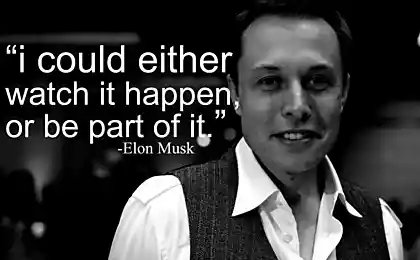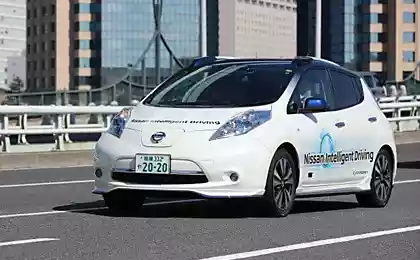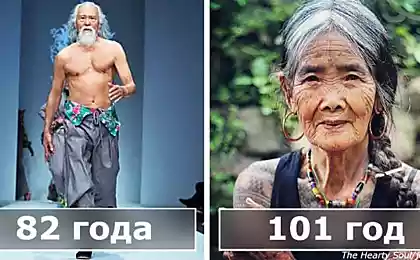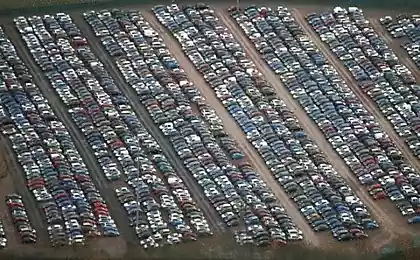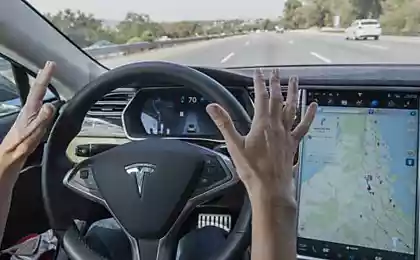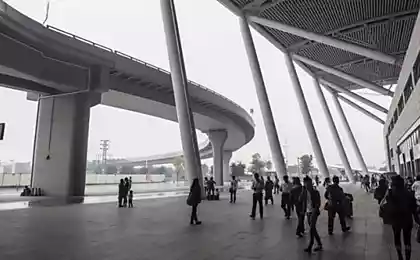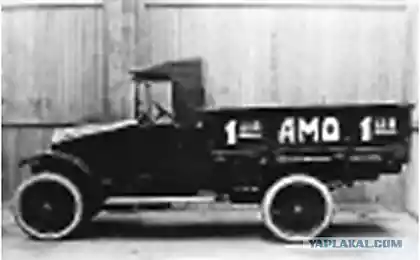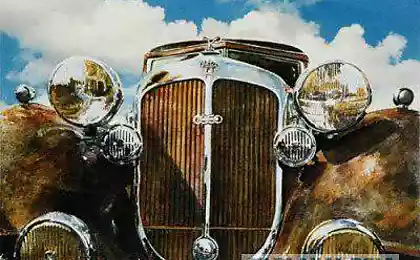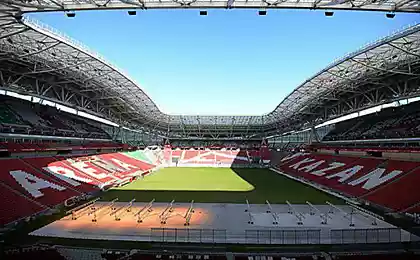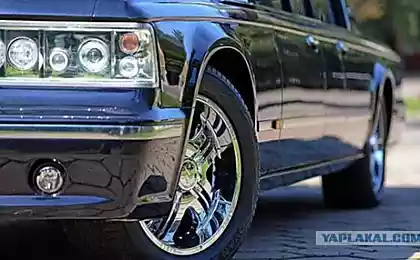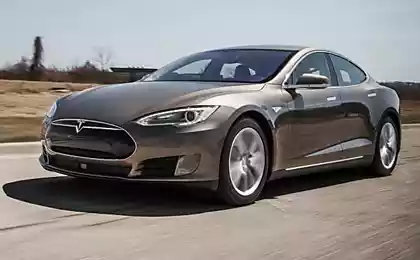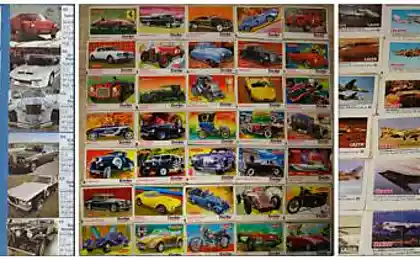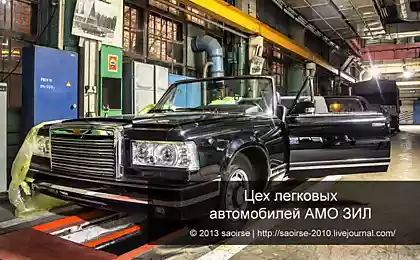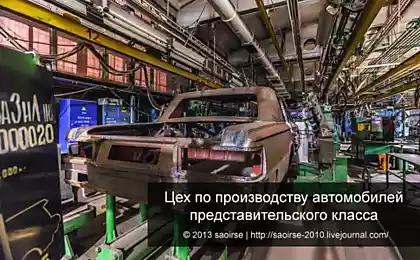408
China approves standards for self-propelled vehicles in 2018
Recently, Uber was forced to stop its programme of testing self-driving cars in California at the request of the authorities. This led to the fact that the company sent their test cars in the state of Arizona, where they were received with open arms. This is a great example of what universal standards for a new type of transport remains to be established.
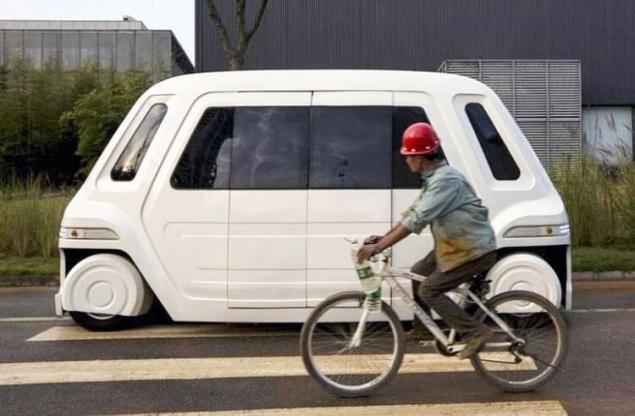
China has already thought about this issue — as it is reported, this country is going to lay in 2018 national standards of communication of vehicles with each other and vehicles with the surrounding infrastructure. More specific standards will be approved in the period 2020-2025. They will be required to follow all manufacturers wishing to produce self-propelled machines, relevant laws and regulations of China.
The appearance of rough specs will definitely help in the resolution of various obscure situations, like test machines with the autopilot without special permission. Moreover, in the case of the existence of clear standards and requirements, manufacturers will increasingly invest in the development and production of new generation vehicles and various technologies auto-pilot without the fear that their products will be designed not conforming to the laws.
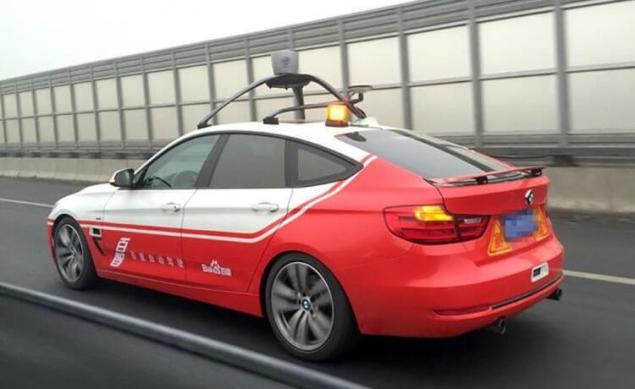
The head of the Community of automotive engineers of China Yiwu Fu (Fu Yuwu) said: "Cars will not be able to use various channels and means of communication between them — right? Thus, we need harmonization of standards. This is a complex and difficult process, but it is in the fundamental interests of industry." According to him, the Chinese Central planning may be more effective to approach other countries like Japan, where three major automakers can't agree on standards. published
Source: 3dnews.ru/944993

China has already thought about this issue — as it is reported, this country is going to lay in 2018 national standards of communication of vehicles with each other and vehicles with the surrounding infrastructure. More specific standards will be approved in the period 2020-2025. They will be required to follow all manufacturers wishing to produce self-propelled machines, relevant laws and regulations of China.
The appearance of rough specs will definitely help in the resolution of various obscure situations, like test machines with the autopilot without special permission. Moreover, in the case of the existence of clear standards and requirements, manufacturers will increasingly invest in the development and production of new generation vehicles and various technologies auto-pilot without the fear that their products will be designed not conforming to the laws.

The head of the Community of automotive engineers of China Yiwu Fu (Fu Yuwu) said: "Cars will not be able to use various channels and means of communication between them — right? Thus, we need harmonization of standards. This is a complex and difficult process, but it is in the fundamental interests of industry." According to him, the Chinese Central planning may be more effective to approach other countries like Japan, where three major automakers can't agree on standards. published
Source: 3dnews.ru/944993
Ejector for pumping station: principle of operation and installation rules
Don't need children to "love"


